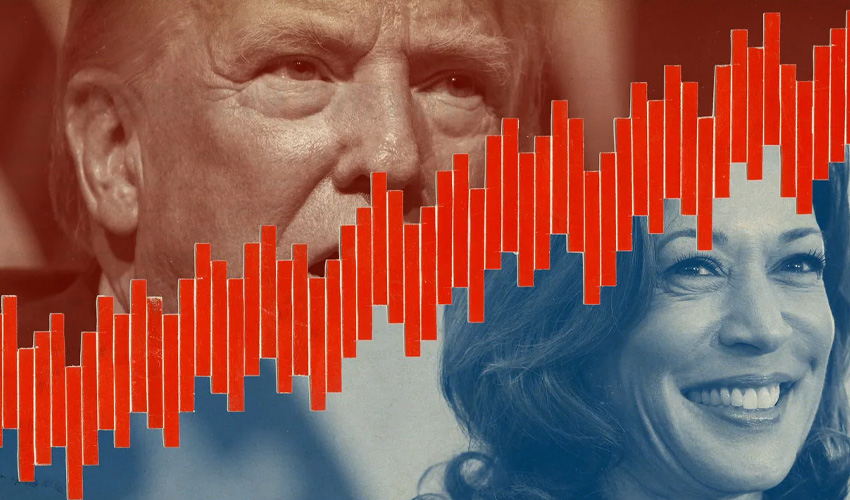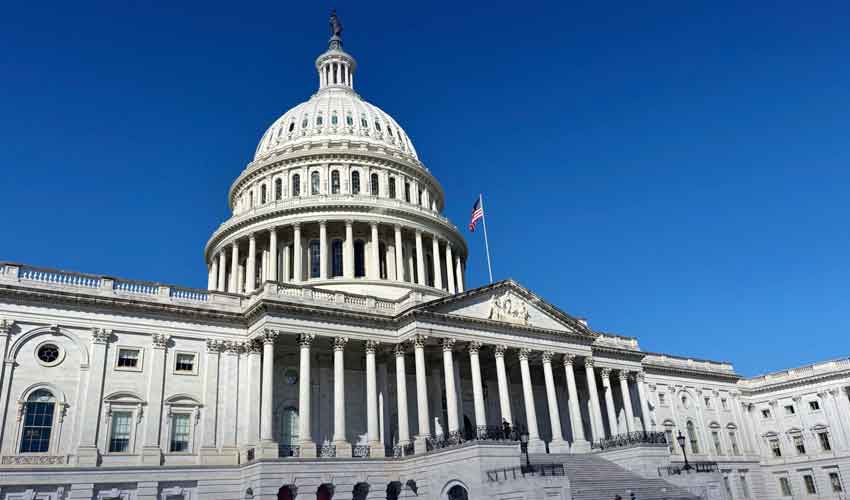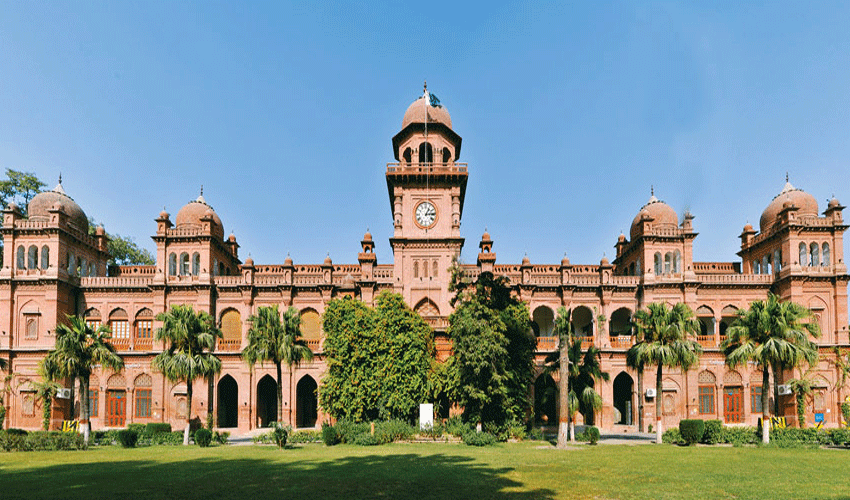With just 12 days left before the U.S. election, the vice president, Kamala Harris, and former President Donald Trump were locked in a tighter showdown, especially in crucial swing states that could decide the outcome. Both are sharpening their attacks and fine-tuning their messages for undecided voters as early voting unfolds.
Its seven states are Pennsylvania, North Carolina, Georgia, Michigan, Arizona, Wisconsin, and Nevada, which hold the key to carrying the Electoral College. Analysts consider Pennsylvania to be the most critical and therefore provide 19 electoral votes while second on this list is Georgia with 16. Trump carried Georgia for the first time in 2016, but President Biden narrowly won it last year.
As of Wednesday, tracking data from the Election Lab at the University of Florida shows that nearly 25 million voters have already cast their ballots through early in-person voting and mail-in ballots.
The momentum of early voting underscores the urgency for both camps to effectively reach out to voters in these pivotal states.
Polling insights
Wall Street Journal's new poll shows Trump has a slim edge over Harris 47 percent to 45 percent. That is a change from the earlier survey in August when Harris led him by 2 points. Since candidates are within the margin of error, an election like this is still very much up in the air.
While the WSJ poll appears to offer rising favorable opinion toward Trump's agenda, Harris's approvals continue to slip. FiveThirtyEight's daily election poll tracker, though, shows Harris leading nationally by 1.8 percentage points over Trump. Again, though, the longer-term trend line confirms that race is tightening, reflecting the dynamic nature of voter sentiment as the election nears.
Harris is running in the swing states some 0.2 percent ahead of Trump in Nevada and Wisconsin and has actually pulled ahead in Michigan from a meager 0.2 percent to 0.7 percent. Trump, meanwhile, is so far ahead of Harris in Arizona and Georgia with a big enough lead of more than 1.5 percent and North Carolina and Pennsylvania are separated barely in their lead. All of these states are within a statistical margin of error, and things can easily turn in a tight contest as Election Day approaches.
Kamala Harris plan for Pennsylvania
On Wednesday, Harris spoke to this potentially decisive voting bloc at a CNN town hall in one of the country's most crucial swing states, Pennsylvania. "I pledge to be a president for all Americans," she said, speaking directly to the deep-seated political divisions engulfing the country. She emphasized that her government would represent a departure from the policies of Biden and herself as "a new generation of leadership.".
Despite her attempts to establish herself as a distinct political platform from Biden, Harris still could not describe any policy differences between the two. Asked about weakness, she admitted: "I am certainly not perfect," that she tends to overanalyze things before making a decision. Harris sounded like an essential plank of Biden's policy when, opposed to tax hikes on households with less than $400,000 income, remained unclear about taxing more wealthy people.
Harris also had to endure chilling statements from Trump's former Chief of Staff, John Kelly, who seemed to be tantamount to insinuating that Trump is an admirer of Hitler. Harris styled his comments as a "911 call to the people," continuing to assert she cannot support Trump. When asked whether she thinks Trump is a fascist, Harris affirmed, "Yes, I do.".
On Israeli-Palestinian conflict, Harris called for a two-state solution that would promote dignity and self-determination for the Palestinian people. She clarified that with growing anti-Semitism in the U.S., tougher laws were needed in the area of hate crime.
Donald Trump rally in Georgia
Trump campaigned to ram his message home in front of crowds here in Georgia. In both speeches to the crowds at Zebulon and Duluth, he has commented that "in many ways, it's sad" his time as a political candidate is coming to an end, using the end election to frame as decisive in determining his second term.
Trump spoke much about issues of immigration and border security at his rallies. "We will stop illegal immigration once and for all," he said, threatening to put in place the "largest deportation program in American history." He told his supporters that they must make sure that Harris is "crushed" in order to achieve a "landslide victory", in part by motivating early voters.
As he closed his speech, Trump appeared enthusiastic at the prospect of potential alliances with more influential personalities, like Elon Musk. He mentioned Robert F. Kennedy Jr., Tucker Carlson, and Tulsi Gabbard-all with disparate political experiences, in the language of seeking to increase his voter base.
In the campaign's final days, each candidate aims to secure a majority of the votes in those states where they are highly likely to win in the end. The early voting process has started, and thus Harris and Trump are quietly planning individually to win over the remaining undecided voters. Undoubtedly, the political climate is nearly volatile, and this heralds the surety that every speech, rally, and town hall meeting could be one that makes or breaks and determines who will win the election.
The battle for the presidency continues, and with the clock ticking down, the stakes have never been higher. And both the candidates are well aware that it may not just be the Electoral College votes that would decide the race but also the perceptions and sentiments of voters in these battleground states.



























